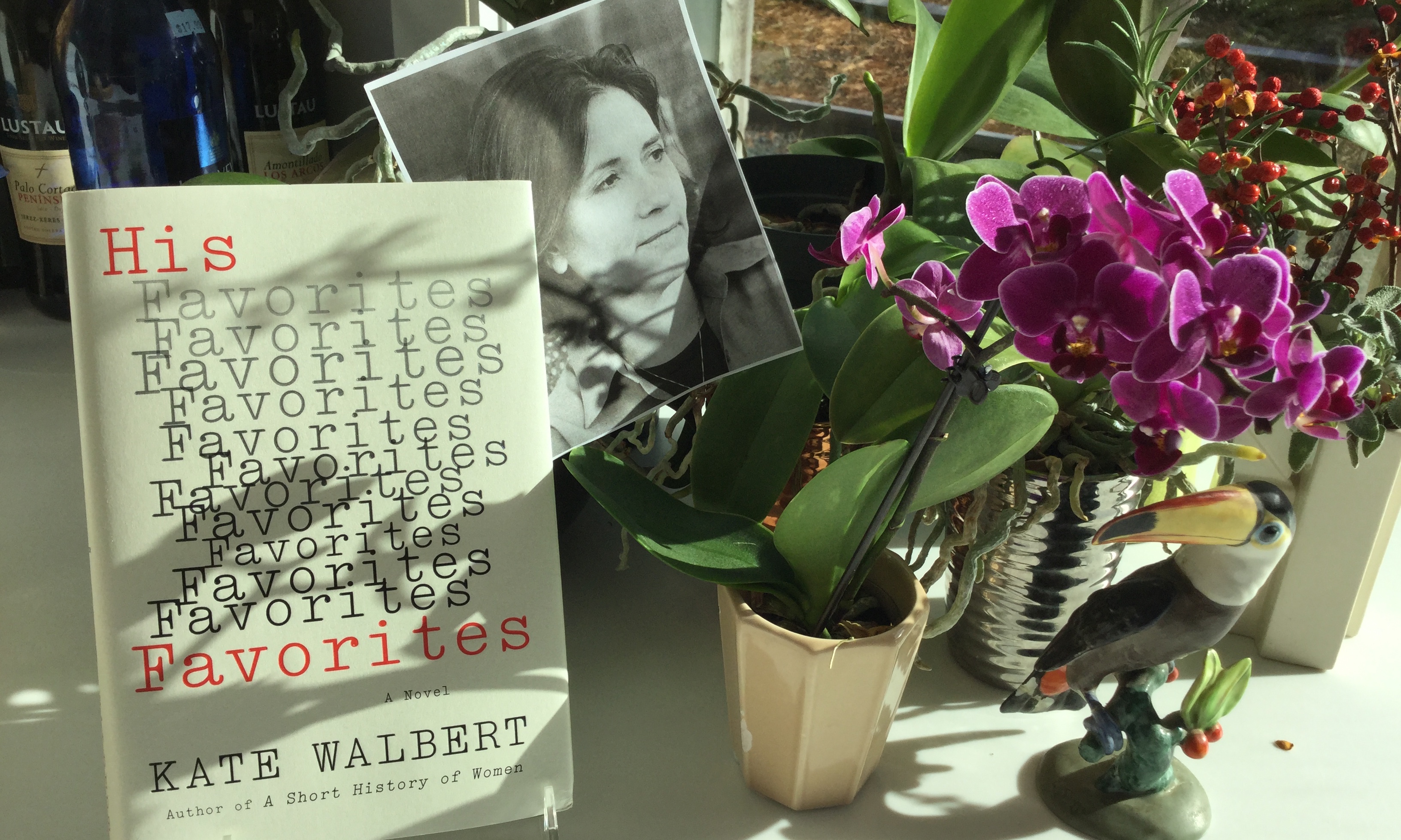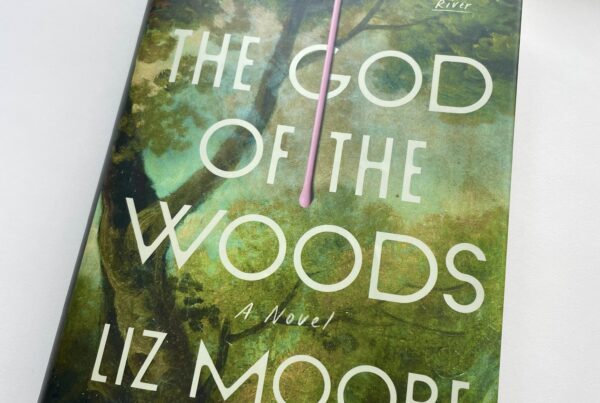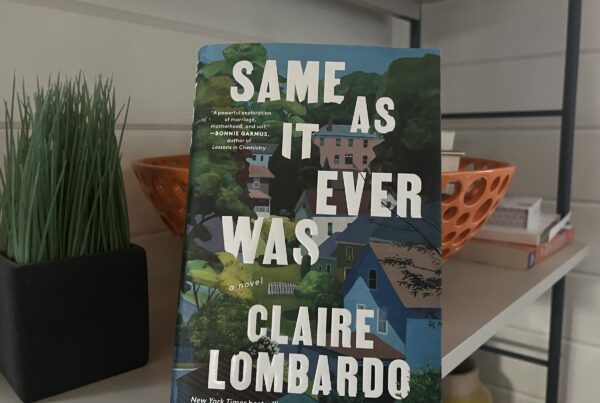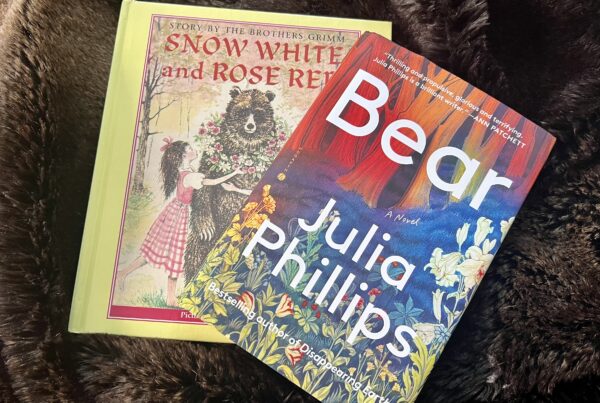a bookclique pick by Rhoda Flaxman
“But you may have a past already? The darkest ones come early.”
-Willa Cather
Kate Walbert’s His Favorites is a first-person account of a young woman who looks back at her adolescent experience at a Massachusetts boarding school in the Berkshires, where she is sent by her mother following a gruesome accident. Readers who themselves attended such a boarding school will try to figure out which school in the Bekshires is being so realistically evoked here in a style so vivid that you’ll want to consume, rather than read Walbert’s novel, in one sitting.
We follow the narrator, Jo, a fifteen-year-old naïf trying to negotiate a privileged boarding school culture, when she catches the eye of thirty-four year old Master Aikens, a handsome, charismatic English teacher and a masterful manipulator: “Here the story bends. From here there is never not a day without Master’s shadow across my life—a solid bar, a locked turnstile that brings me up short, trapped on the other side of where I thought I was going, the place I once imagined I would be.”
Choosing her as his “next victim,” the story unwinds in a fusion of several time periods. You’ll have to decide what to call their subsequent story: Is it a seduction? An affair? A rape? Surely her tangled reactions — rage, fear, paralysis, even perhaps pleasure — may be confused, but the reactions of the powerful adults in her world, especially the headmaster, are all too familiar, as we see the wages of uneven power relations.
Walbert, known for her award-winning A Short History of Women and The Gardens of Kyoto among other works, skillfully shifts time and tone to build a suspenseful, simply-told account of adolescence and gender politics in quick, spare vivid vignettes — some surprisingly humorous — that intersect with contemporary events in interesting ways. The ending shifts our perspective on this story, ambiguously evoking “the weight of us.” This slim volume packs a lot of rage, humor, suspense into its short, focused chapters. Drawn in by the directness of narrator Jo’s account, I quickly became immersed in her story — and reading it in the aftermath of the Kavanaugh hearings, I understood why this novel has been praised as an expression of the #MeToo movement.




